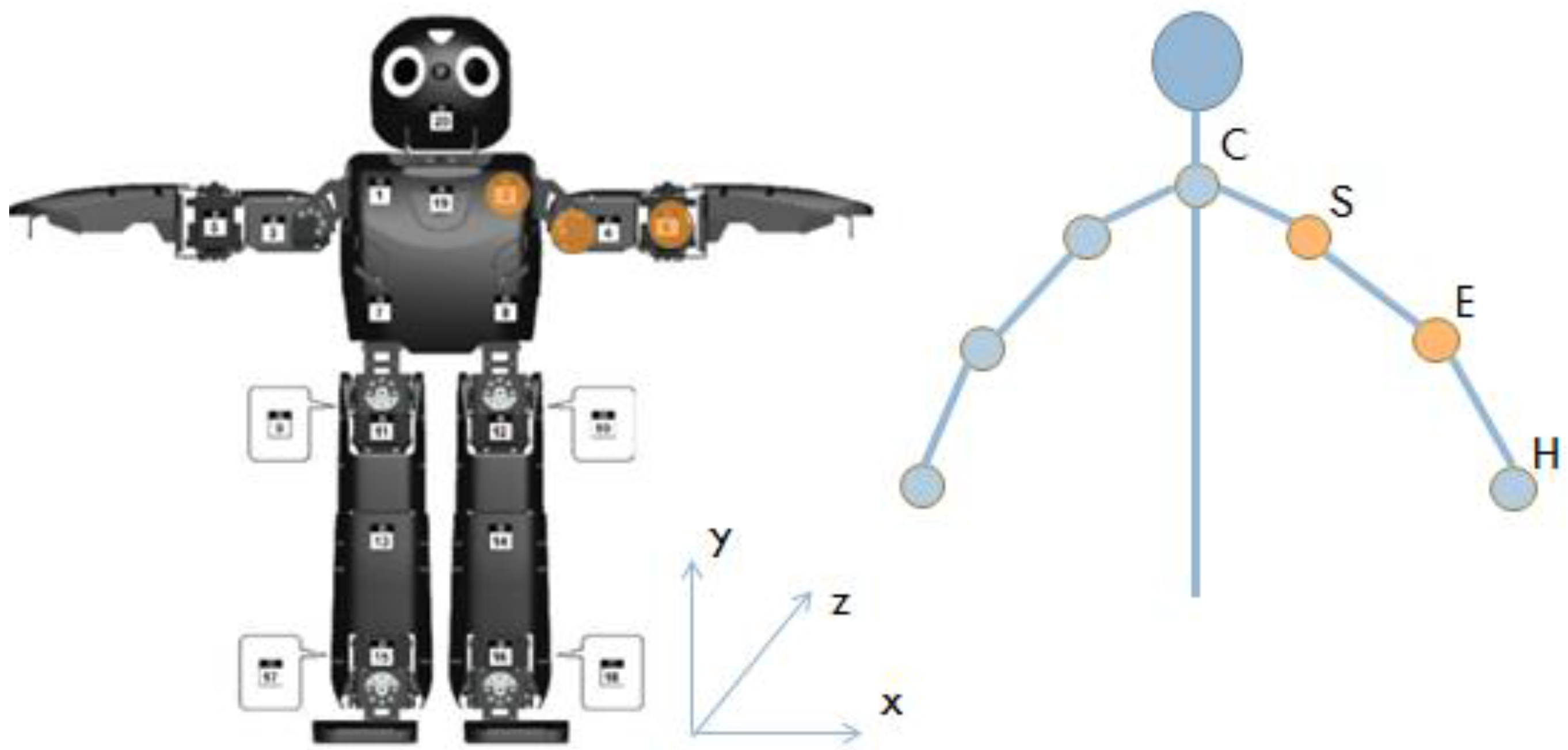
Imitation is a powerful component of communication between people, and it poses an important implication in improving the quality of interaction in the field of human–robot interaction (HRI). This paper discusses a novel framework designed to improve human–robot interaction through robotic imitation of a participant’s gestures. In our experiment, a humanoid robotic agent socializes with and plays games with a participant. For the experimental group, the robot additionally imitates one of the participant’s novel gestures during a play session. We hypothesize that the robot’s use of imitation will increase the participant’s openness towards engaging with the robot. Experimental results from a user study of 12 subjects show that post-imitation, experimental subjects displayed a more positive emotional state, had higher instances of mood contagion towards the robot, and interpreted the robot to have a higher level of autonomy than their control group counterparts did. These results point to an increased participant interest in engagement fueled by personalized imitation during interaction.
| Author(s): | Rachael Burns and Myounghoon Jeon and Chung Hyuk Park |
| Journal: | Applied Sciences |
| Volume: | 8 |
| Number (issue): | 2 |
| Pages: | 241 |
| Year: | 2018 |
| Month: | February |
| Bibtex Type: | Article (article) |
| DOI: | 10.3390/app8020241 |
| URL: | http://www.mdpi.com/2076-3417/8/2/241 |
| Electronic Archiving: | grant_archive |
| Note: | Special Issue "Social Robotics" |
BibTex
@article{Burns18-AS-MotionLearning,
title = {Robotic Motion Learning Framework to Promote Social Engagement},
journal = {Applied Sciences},
abstract = {Imitation is a powerful component of communication between people, and it poses an important implication in improving the quality of interaction in the field of human–robot interaction (HRI). This paper discusses a novel framework designed to improve human–robot interaction through robotic imitation of a participant’s gestures. In our experiment, a humanoid robotic agent socializes with and plays games with a participant. For the experimental group, the robot additionally imitates one of the participant’s novel gestures during a play session. We hypothesize that the robot’s use of imitation will increase the participant’s openness towards engaging with the robot. Experimental results from a user study of 12 subjects show that post-imitation, experimental subjects displayed a more positive emotional state, had higher instances of mood contagion towards the robot, and interpreted the robot to have a higher level of autonomy than their control group counterparts did. These results point to an increased participant interest in engagement fueled by personalized imitation during interaction.},
volume = {8},
number = {2},
pages = {241},
month = feb,
year = {2018},
note = {Special Issue "Social Robotics"},
slug = {bevillmastersthesis},
author = {Burns, Rachael and Jeon, Myounghoon and Park, Chung Hyuk},
url = {http://www.mdpi.com/2076-3417/8/2/241},
month_numeric = {2}
}
